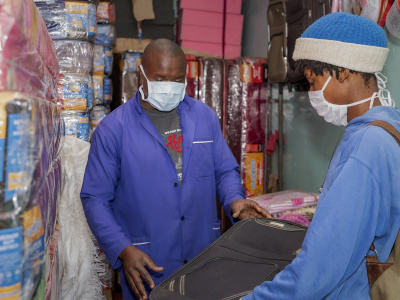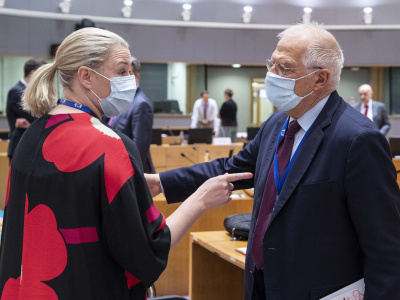
The challenge of scaling up the European Union’s global response to COVID-19
The EU’s global response to the coronavirus is a good start, but remains limited in terms of financial scope, technical detail and political ambition.
Summary
Over the past few weeks, the EU has been mobilising its full firepower – including health coordination, economic measures and market regulation – to address the COVID-19 crisis within its borders. Yet, in facing a global pandemic that knows no borders, it is in Europe’s interest to mount an effective global response at scale.
The recent ‘Team Europe’ response package is a good start, but it focusses mainly on traditional diplomatic, humanitarian and development instruments that are insufficient for the task at hand. While aid and multilateral action is a vital part of the global response, it needs to be complemented by multiple other financial, humanitarian and regulatory tools. Additional political and technical work also needs to be done to establish ‘how’ to roll out the EU’s global response in a coherent manner. Further, ahead of the G20 and IMF/World Bank Spring Meetings, the EU and its member states should seek to play a more central role in coordinating the international response to the challenge posed by COVID-19 in Africa.
The EU and its member states should try to build a comprehensive global approach by coordinating and linking their assets – both internally and externally. This will require the bureaucracy and political leadership of the EU institutions to think and act globally to a greater extent. If it manages to do this, it would be a real demonstration of global solidarity and would have tangible geopolitical and humanitarian benefits.








